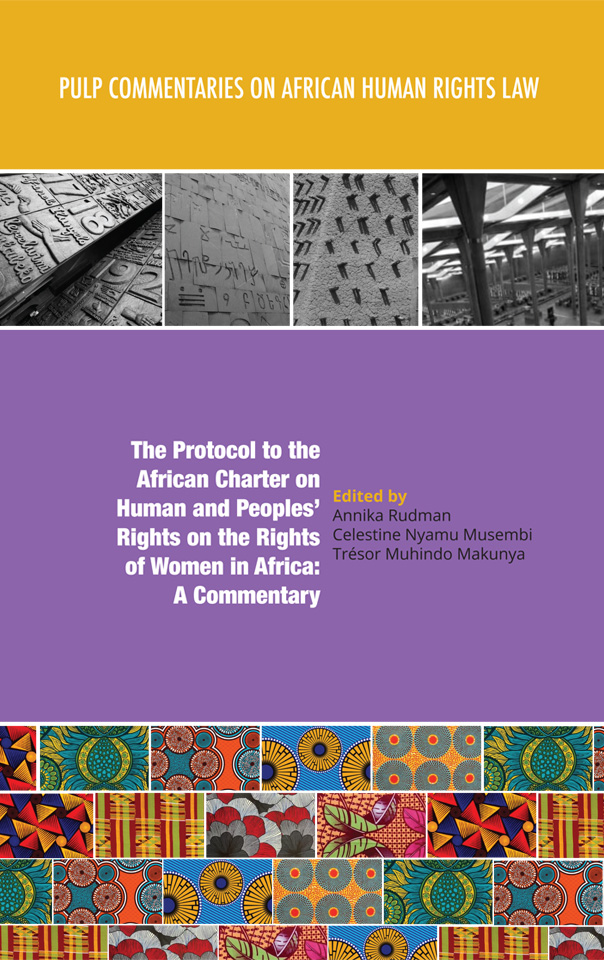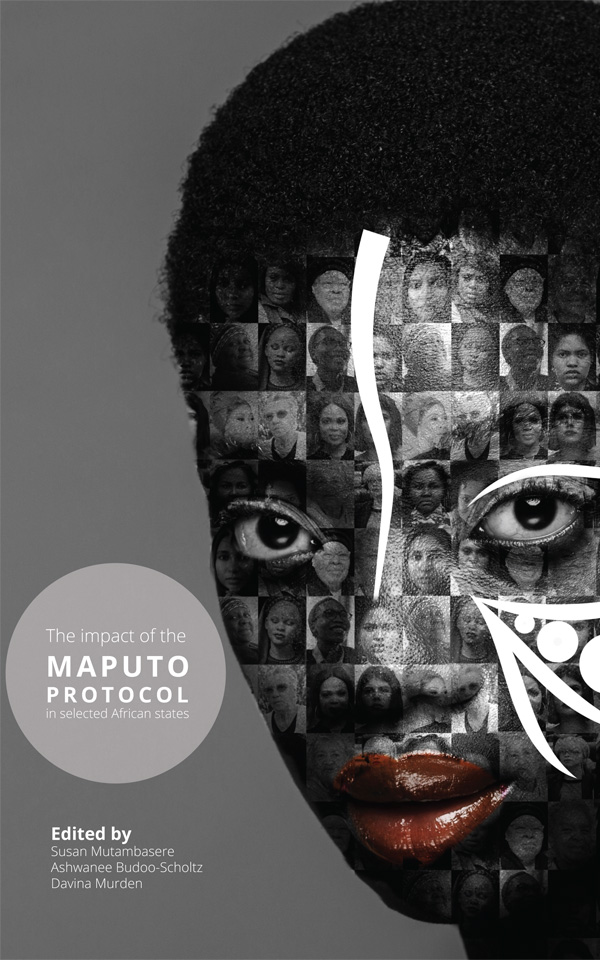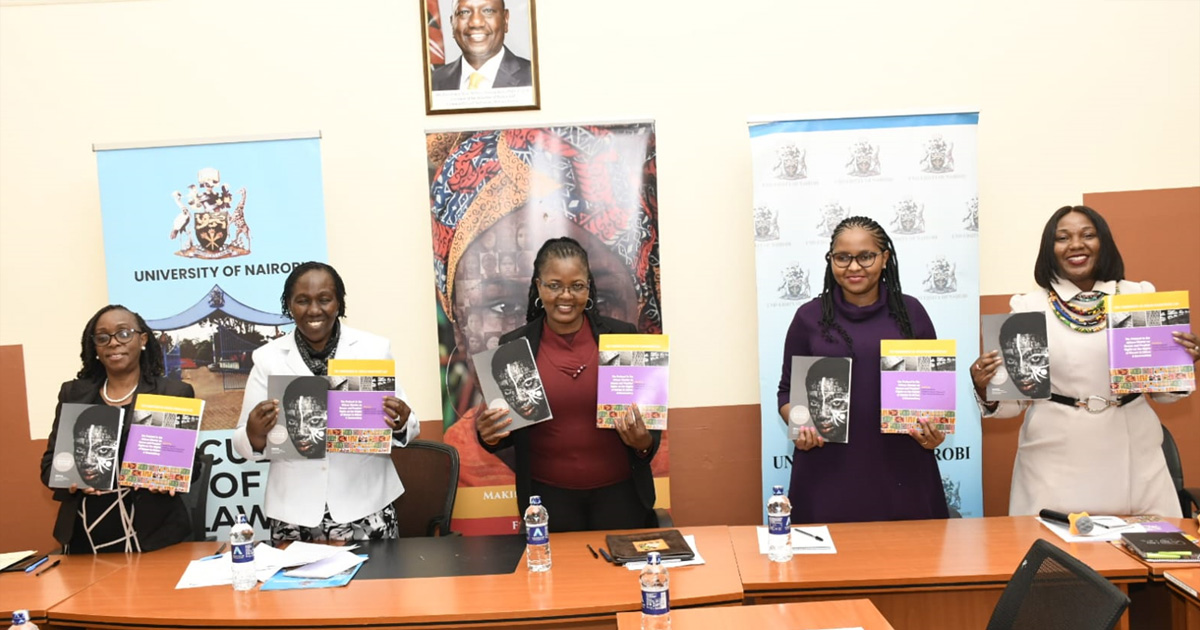To mark the 20th anniversary of the adoption of the Protocol to the African Charter on Human and Peoples’ Rights on the Rights of Women in Africa (Maputo Protocol), the Centre for Human Rights, University of Pretoria and the Faculty of Law, University of Nairobi launched two books published by the Pretoria University Law Press (PULP). The book launch took place in Nairobi, Kenya on 13 July 2023. The publications were launched in celebration of the Maputo Protocol turning 20 on 11 July 2023.
Commentary on Maputo Protocol

The first book is ‘The Protocol to the African Charter on Human and Peoples’ Rights on the Rights of Women in Africa: A Commentary’ edited by Anika Rudman, Trésor Makunya and Celestine Nyamu Musembi. This Commentary aims to provide a systematic commentary of provisions of the Maputo Protocol to elucidate their meaning and implications in improving women’s rights in Africa. It traces the legal, political, and economic foundation and justifications of the Protocol and its provisions. It analyses normative standards developed and institutional efforts made by the African Commission, the African Court and AU states to improve the protection of women’s rights in Africa. The Commentary is the first in a series of PULP commentaries on African human rights law, under the series title PULP Commentaries on African human rights law.
Download CommentaryImpact of Maputo Protocol

The second book is ‘The Impact of the Maputo Protocol in selected African Countries’ edited by Susan Mutambasere, Ashwanee Budoo-Scholtz and Davina Murden. This publication is an update to the collection of essays previously published by the Centre for Human Rights assessing the impact of the African Charter and the Maputo Protocol (previously published in 2012 and 2016). In this edition the focus is only on the Maputo Protocol and traces the impact of the instrument on the legislative and policy framework, judiciary, academia and general impact on the women in 16 African cCountries. The countries are: Burkina Faso, Cameroon, Côte d’Ivoire, Ethiopia, Eswatini, the Gambia, Ghana, Kenya, Lesotho, Malawi, Mauritius, Nigeria, Sierra Leone, Tanzania, Uganda and Zimbabwe. Each of the chapters traces the impact that the Protocol has had on the policies, laws, court decisions, civil society activism, legal education in the particular state.
Download BookAdding to a growing body of African scholarship on women’s rights, the publications provide detailed analysis of the interactions of the law contained in the treaty, the practical domestication and implementation of the treaty provisions into the national legal frameworks and the impact of this in the lives of women. The academic fraternity forms an important constituency in the implementation of the rights contained in the Maputo Protocol. The member states are required to provide periodic state reports on implementation of the treaty. Academic research and publications serve as a valuable source of information on efforts to implement provisions of the treaty. Guidelines on preparing periodic state reports ask for judicial, administrative and institutional measures, policy and programs, remedies available, accessibility of remedies, challenges faced and asks for disaggregated statistics. Academia and other members of civil society can provide analysis that ensures an understanding of what is required of states and therefore what measures that they should be reporting on.
With the publications, local and international organisations advocating for the advancement of the rights of women can find accurate and up to date information to inform their advocacy interventions for the benefit of women. States may also find this type of analysis beneficial as such documentation can help identify gaps in the implementation of women’s rights and areas needing policy interventions.
Tel: +27 (0) 12 420 4196
Susan.Mutambasere@up.ac.za
Tel: +27 (0) 12 420 3810
Tresor.Makunya@up.ac.za


